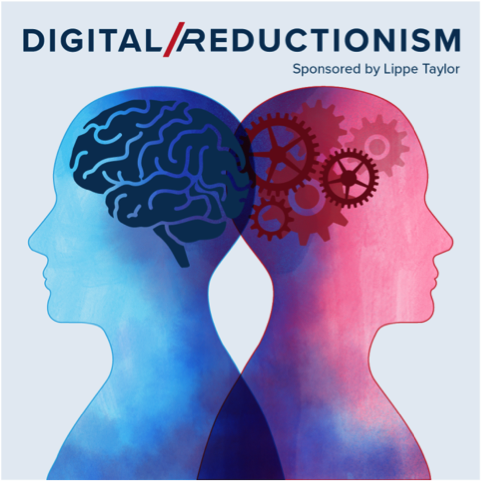Lippe Taylor 05 Aug 2018 // 2:00AM GMT

Run a search in Google for digital transformation and you’ll find more than 200 million results, with companies spending upwards of $50 per click for the coveted phrase. Consultancies, agencies, and vendors alike have invested heavily in “transformation” service offerings to help brands navigate these new waters… but how long are we going to accept the idea that our industry is “transforming”?
At the Holmes Report, when we talk with the brightest brains and brands in the industry, the impression they convey is rarely about transformation. They know the world has already changed and they have figured out new ways of thriving in it. These are the people we will be speaking with in our new series titled Digital Reductionism.
Reductionism is the theory that you can understand any complex system by breaking it down into its component parts. It was a core pillar of the many breakthroughs achieved during the Enlightenment and, more recently, accounts for our modern day discovery of DNA among many other things.
The interviews in this series, which will be published on HolmesReport.com and via podcast, will be conducted by Paul Dyer, who is president of New York-based Lippe Taylor. Over the coming months, Dyer will interview Influence 100 brand leaders who have already moved beyond the 'digital renaissance', so to speak. Through these conversations, he will synthesize the key learnings these brand leaders have accumulated not about transformation, evolution, or the many challenges faced by brands as they adapt to a new digital world, but about how they are thriving now in the 'digital enlightenment'.
In a Reductionist sort of way, this series will strive to break digital success down into its component parts and core themes that are reiterated by seasoned communications leaders across all verticals. You can find the Digital Reductionism series here.



































.jpg)













